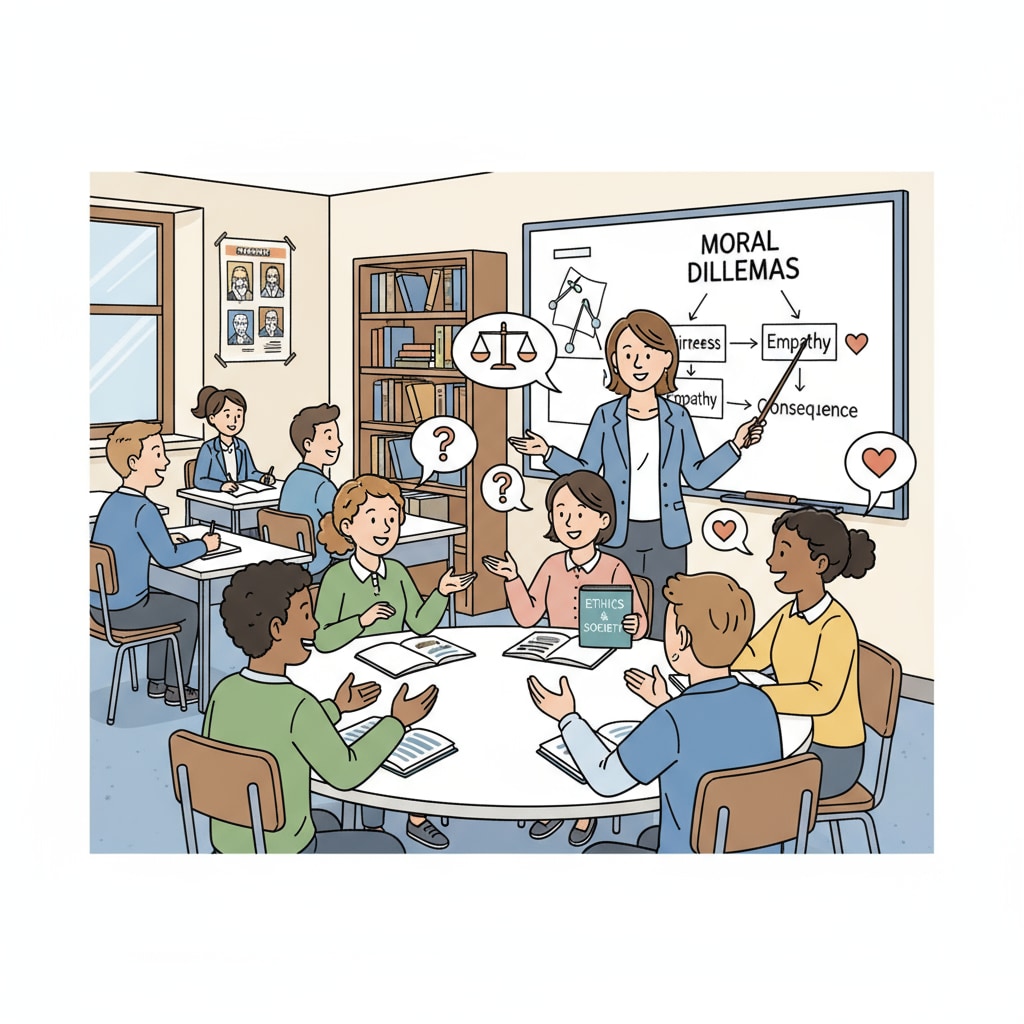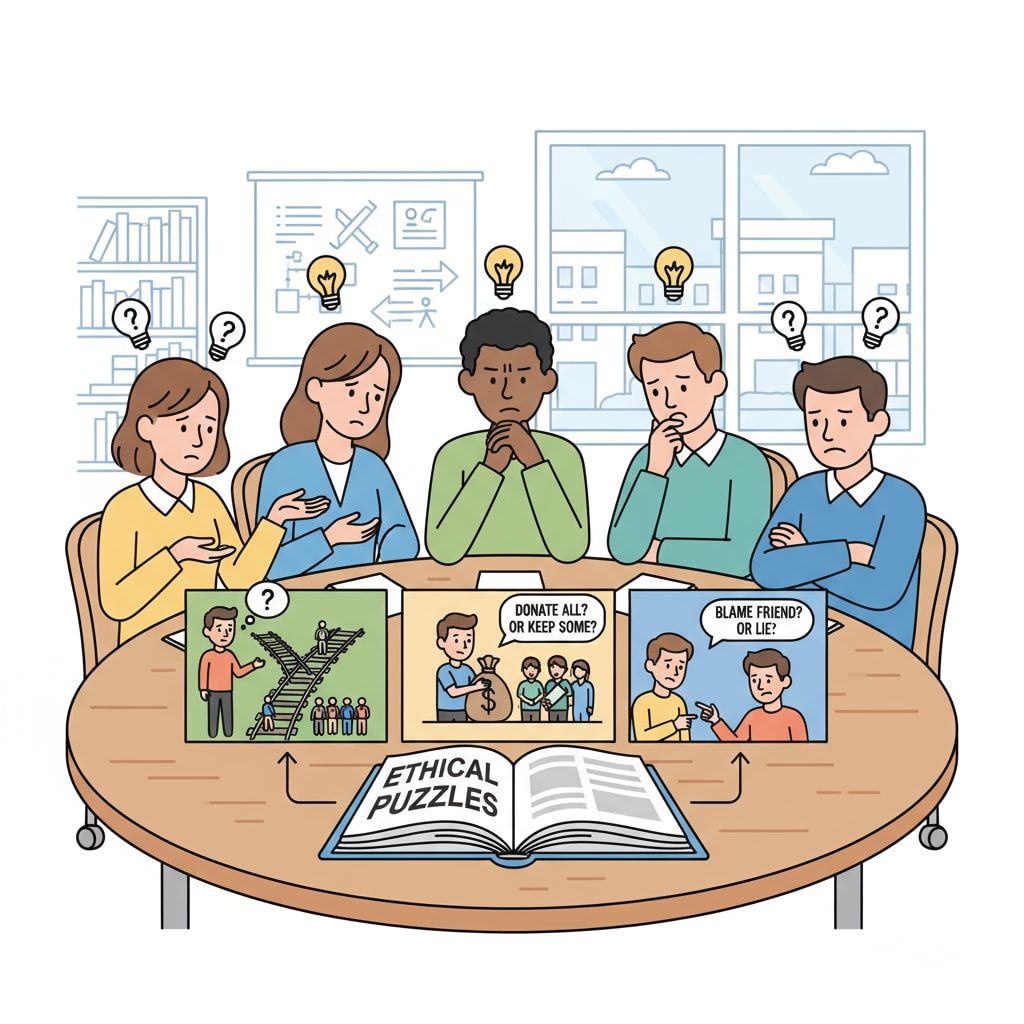In contemporary society, the concepts of morality, consensus, and values are at a crossroads. The lack of moral consensus has cast a long shadow over K12 education, raising crucial questions about the future of our younger generation.

As “relativism” gains ground, the very existence of common moral standards is being questioned. This calls for an immediate and in-depth exploration of how educators can reconfirm and convey the common moral principles of humanity to students, offering them clear moral compasses.
The Erosion of Moral Consensus
The modern world is characterized by a plethora of diverse cultures, beliefs, and lifestyles. This diversity, while enriching in many ways, has also led to the erosion of moral consensus. With the rise of relativism, the idea that there are no absolute moral truths has become increasingly prevalent. As a result, what may be considered morally right in one context could be seen as wrong in another. This ambiguity makes it challenging for students in K12 education to develop a solid understanding of what is morally acceptable.

The Impact on K12 Education
K12 education plays a vital role in shaping the values and moral compass of students. However, the lack of moral consensus poses significant obstacles. Teachers often find themselves in a difficult position, as they struggle to impart moral lessons without a clear set of common values. Students, in turn, may be left confused and unsure of how to navigate moral situations. This can lead to a generation that lacks a strong moral foundation, which has far-reaching implications for society as a whole.
Moreover, without a common moral framework, it becomes challenging to address important issues such as bullying, respect for others, and social responsibility. These issues require a shared understanding of what is right and wrong, which is precisely what is lacking in the current educational landscape.
The Need for Reconstruction
Given the dire situation, there is an urgent need to reconstruct common values in K12 education. Educators must take the lead in reaffirming and transmitting the fundamental moral principles that are shared across cultures. This could include values such as honesty, kindness, respect, and responsibility. By instilling these values in students from an early age, we can help them develop a strong moral character.
One way to achieve this is through curriculum design. Incorporating moral education into various subjects can help students see the relevance of these values in different aspects of their lives. For example, in literature classes, students can analyze the moral choices made by characters in novels, and in history classes, they can study the impact of moral decisions on society. Additionally, educators can create a positive and inclusive school environment that models these values on a daily basis.
In conclusion, the issue of morality, consensus, and values in K12 education is of utmost importance. The erosion of moral consensus has created a void that needs to be filled. By taking proactive steps to reconstruct common values, educators can equip students with the moral tools they need to thrive in a complex and diverse world. Moral education on Wikipedia Moral education on Britannica
Readability guidance: This article uses short paragraphs and lists to summarize key points. Each H2 section provides relevant details. The proportion of passive voice and long sentences is controlled, and transition words are evenly distributed throughout the text to enhance readability.


